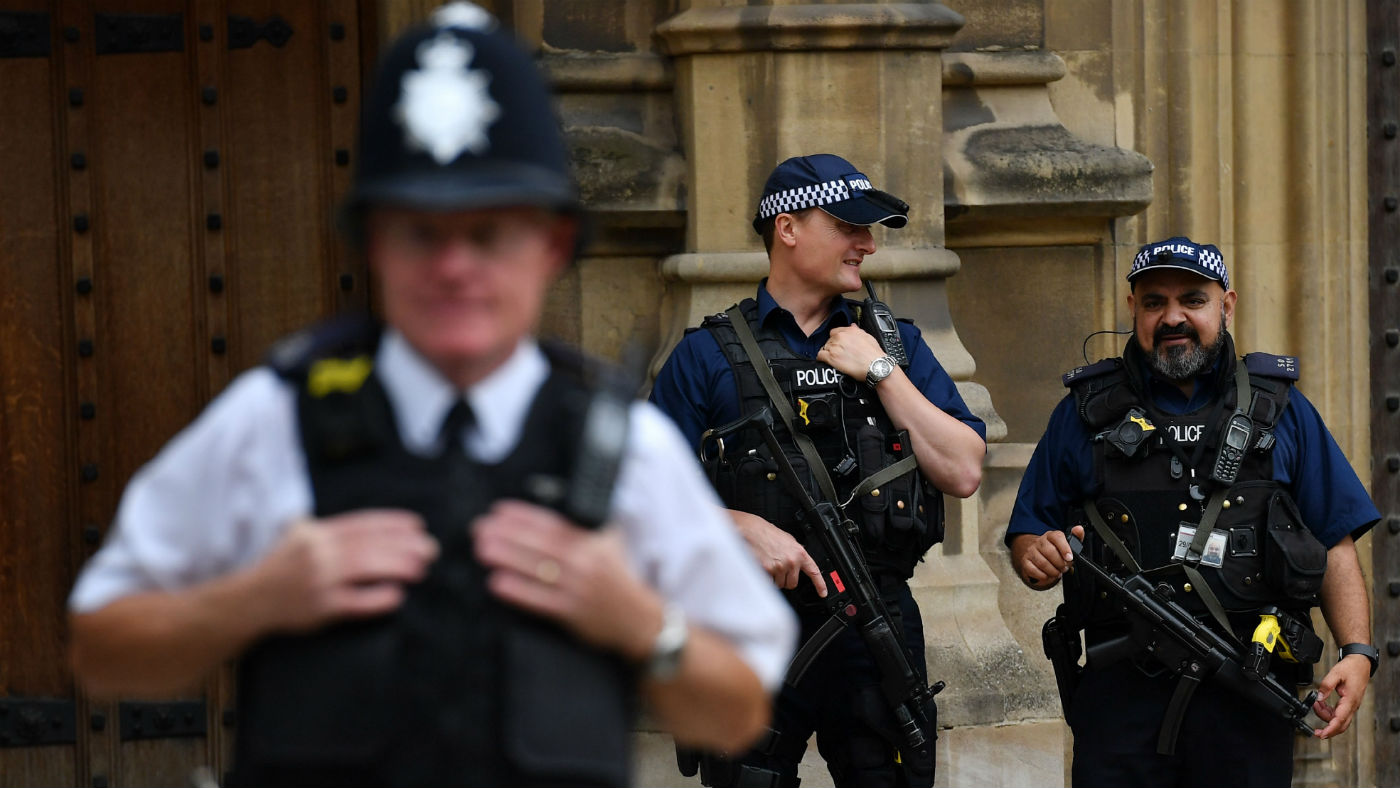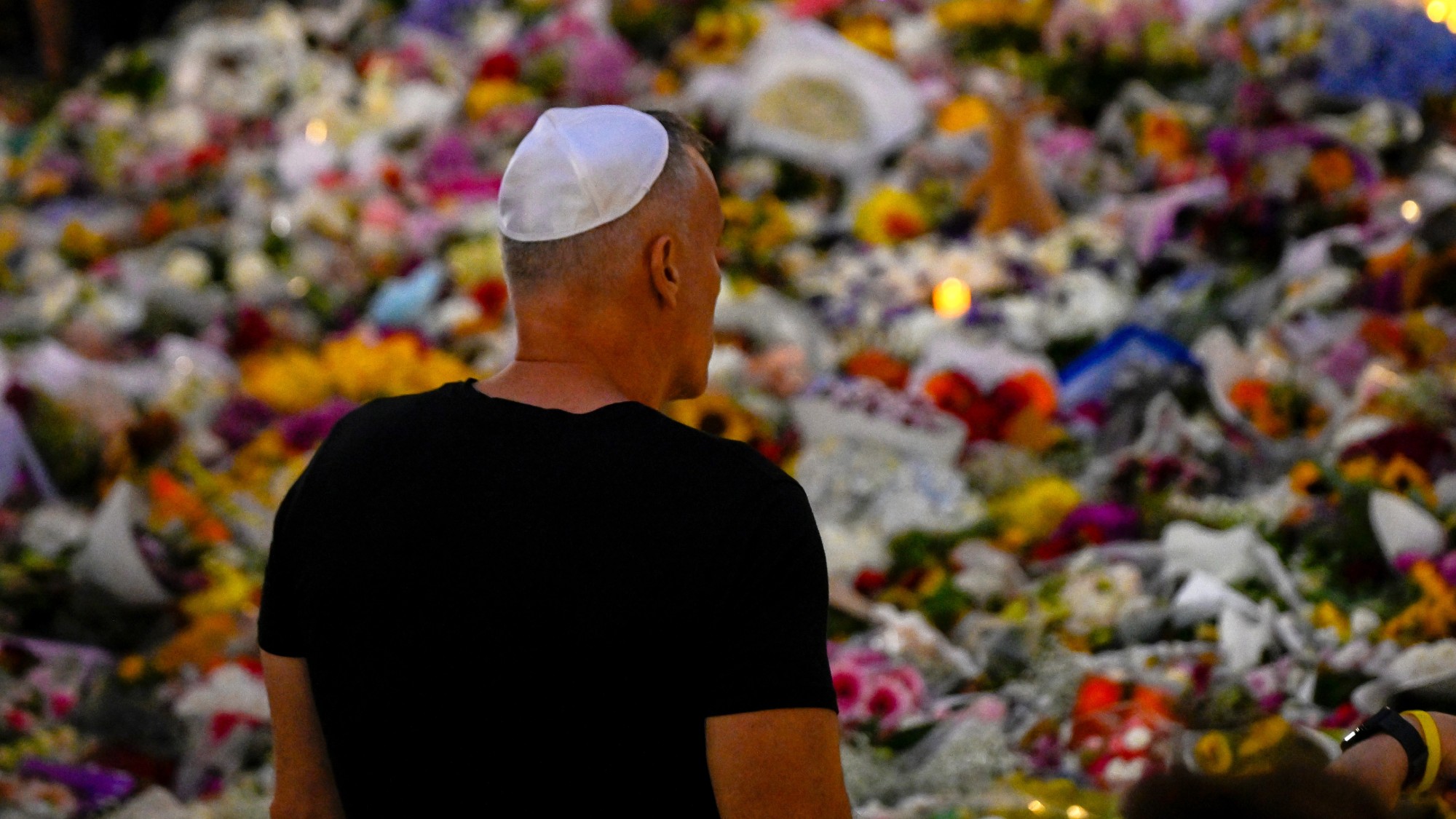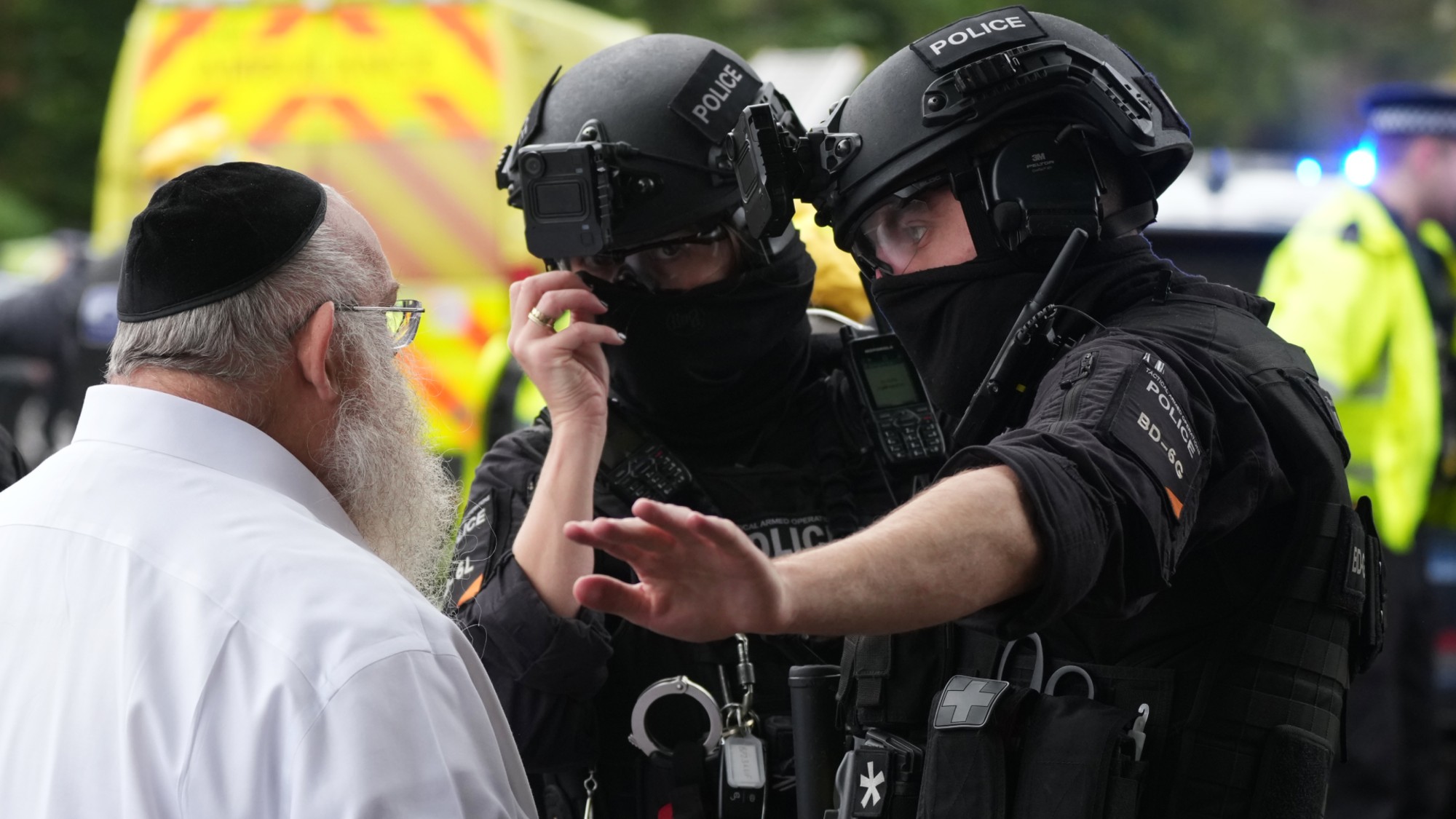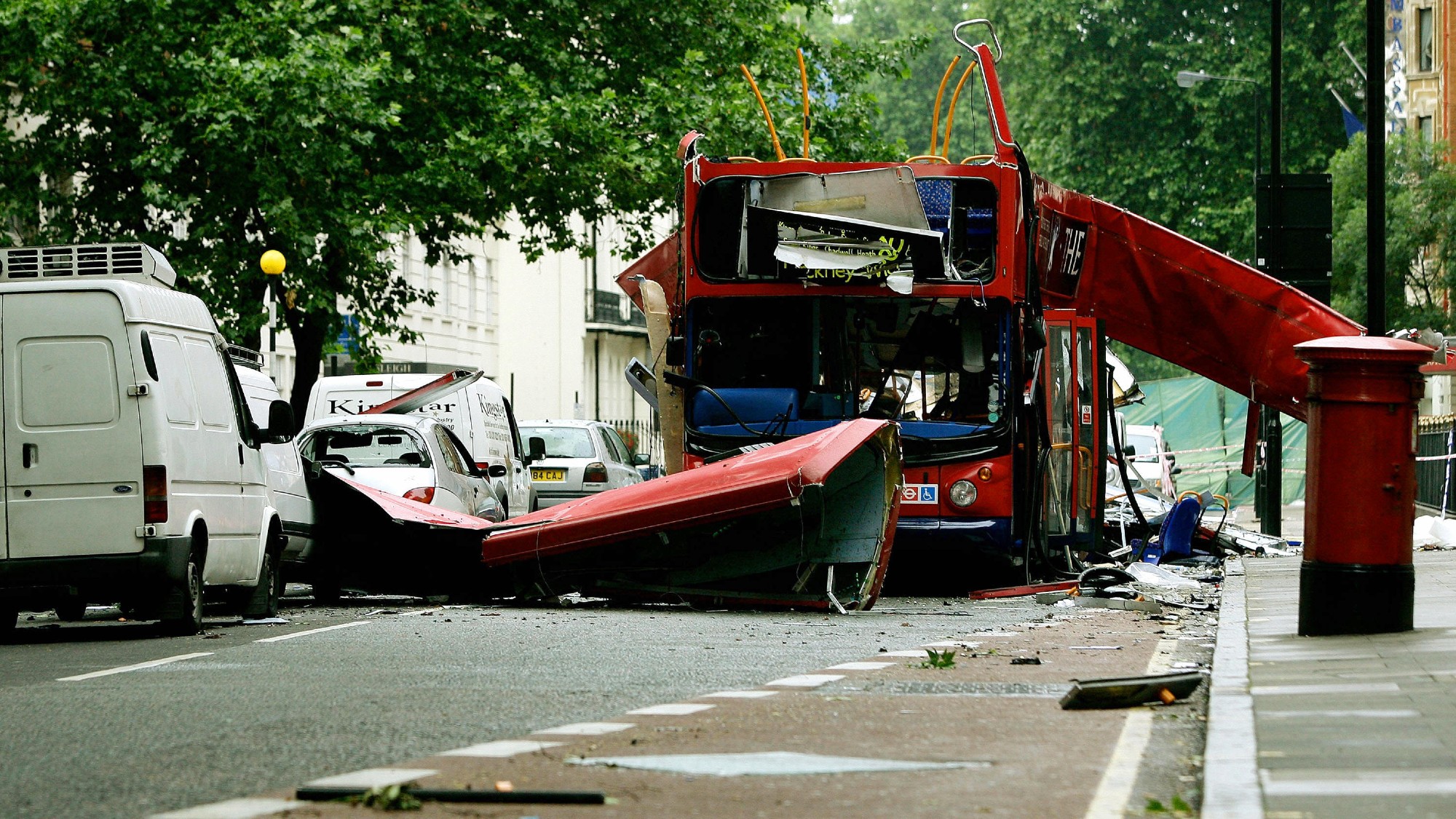Terror threat level lowered for first time in two years
Home secretary warns that ‘substantial’ continues to indicate a high level of threat

A free daily email with the biggest news stories of the day – and the best features from TheWeek.com
You are now subscribed
Your newsletter sign-up was successful
The UK’s national terror threat level has been downgraded from severe to substantial for the first time in five years, the home secretary revealed yesterday.
Announcing the decision by the Joint Terrorism Analysis Centre (JTAC) in a statement to parliament, Priti Patel emphasised that “substantial” continues to indicate a high level of threat and an attack might well occur “without further warning”.
Stating that the threat level is kept under “constant review”, she added that: “Government, police and intelligence agencies will continue to work tirelessly to address the threat posed by terrorism in all its forms.”
The Week
Escape your echo chamber. Get the facts behind the news, plus analysis from multiple perspectives.

Sign up for The Week's Free Newsletters
From our morning news briefing to a weekly Good News Newsletter, get the best of The Week delivered directly to your inbox.
From our morning news briefing to a weekly Good News Newsletter, get the best of The Week delivered directly to your inbox.
The country's threat level is determined by the JTAC, which is part of MI5. It makes its recommendations independently from the government. The BBC explains that “substantial” is the third of five ratings at which the threat level can stand.
The five ratings are:
Low - an attack is highly unlikely
Moderate - an attack is possible but not likely
A free daily email with the biggest news stories of the day – and the best features from TheWeek.com
Substantial - an attack is likely
Severe - an attack is highly likely
Critical - an attack is highly likely in the near future
The terror threat level was raised to “critical" in May 2017 after the Manchester Arena bombing. That attack killed 23 people and left more than 200 injured at an Ariana Grande concert.
The threat was later downgraded to "severe" where it has remained since September 2017.
The Head of Counter Terrorism Policing, Assistant Commissioner Neil Basu, said: “The reduction to ‘substantial’ indicates positive developments in reducing the threat from terrorism but still means an attack is likely.”
He added that Counter Terrorism Policing has “around 800” live counter-terror investigations nationally, adding: “So it is vital that we all maintain a high level of vigilance and continue to invest in strong protective security measures to deter future attacks.”
–––––––––––––––––––––––––––––––For a round-up of the most important stories from around the world - and a concise, refreshing and balanced take on the week’s news agenda - try The Week magazine. Get your first six issues for £6–––––––––––––––––––––––––––––––
-
 Political cartoons for February 16
Political cartoons for February 16Cartoons Monday’s political cartoons include President's Day, a valentine from the Epstein files, and more
-
 Regent Hong Kong: a tranquil haven with a prime waterfront spot
Regent Hong Kong: a tranquil haven with a prime waterfront spotThe Week Recommends The trendy hotel recently underwent an extensive two-year revamp
-
 The problem with diagnosing profound autism
The problem with diagnosing profound autismThe Explainer Experts are reconsidering the idea of autism as a spectrum, which could impact diagnoses and policy making for the condition
-
 How the ‘British FBI’ will work
How the ‘British FBI’ will workThe Explainer New National Police Service to focus on fighting terrorism, fraud and organised crime, freeing up local forces to tackle everyday offences
-
 How the Bondi massacre unfolded
How the Bondi massacre unfoldedIn Depth Deadly terrorist attack during Hanukkah celebration in Sydney prompts review of Australia’s gun control laws and reckoning over global rise in antisemitism
-
 Who is fuelling the flames of antisemitism in Australia?
Who is fuelling the flames of antisemitism in Australia?Today’s Big Question Deadly Bondi Beach attack the result of ‘permissive environment’ where warning signs were ‘too often left unchecked’
-
 Ten years after Bataclan: how has France changed?
Ten years after Bataclan: how has France changed?Today's Big Question ‘Act of war’ by Islamist terrorists was a ‘shockingly direct challenge’ to Western morality
-
 Arsonist who attacked Shapiro gets 25-50 years
Arsonist who attacked Shapiro gets 25-50 yearsSpeed Read Cody Balmer broke into the Pennsylvania governor’s mansion and tried to burn it down
-
 Manchester synagogue attack: what do we know?
Manchester synagogue attack: what do we know?Today’s Big Question Two dead after car and stabbing attack on holiest day in Jewish year
-
 The Miami Showband massacre, 50 years on
The Miami Showband massacre, 50 years onThe Explainer Unanswered questions remain over Troubles terror attack that killed three members of one of Ireland's most popular music acts
-
 The failed bombings of 21/7
The failed bombings of 21/7The Explainer The unsuccessful attacks 'unnerved' London and led to a tragic mistake